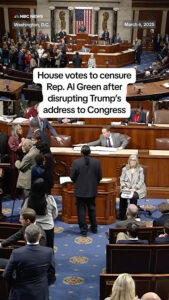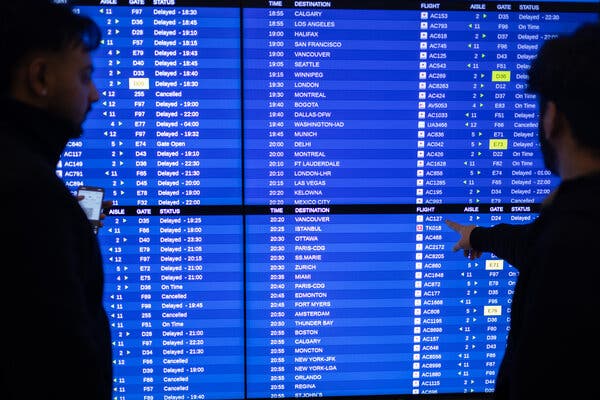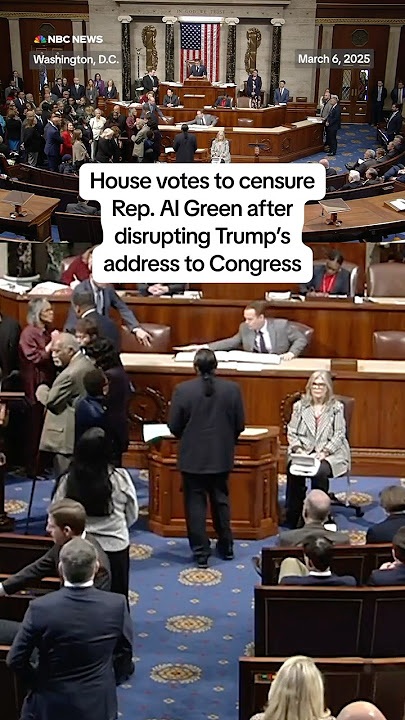Understanding the Trump Travel Ban: Impact and Implications
The Trump Travel Ban has sparked widespread debate and controversy since its inception. As travel restrictions are continually revised and impacted by ongoing global events, it’s essential to understand the facets of these policies and their implications for businesses and individuals worldwide.
What is the Trump Travel Ban?
Initially enacted in January 2017, the Trump Travel Ban was a governmental directive aimed at restricting entry into the United States from several countries designated as posing a risk to national security. The ban specifically targeted nations with significant populations of Muslims, such as Iraq, Syria, Iran, Libya, Somalia, Sudan, and Yemen, leading critics to label it as discriminatory. The ban’s primary rationale was national security; however, its implications for immigration, travel, and international relations cannot be understated.
The Evolution of the Travel Ban
Over the years, the travel ban has undergone numerous revisions, often influenced by legal challenges and shifting political climates. According to The New York Times, the ban has seen three significant versions and various court battles. Each version attempted to address the constitutional concerns raised by critics while still maintaining the underlying intent of enhancing U.S. security.
Introduced through an executive order, the initial ban faced immediate legal challenges that resulted in temporary restraining orders. Subsequent iterations of the ban included modifications, such as ensuring that lawful permanent residents and visa holders would not be affected, ultimately shaping the legal landscape surrounding immigration policy in America.
Implications for Businesses and Human Resources
The Trump Travel Ban has had a profound impact on businesses operating in the U.S. or having international partnerships. HR professionals have reported a variety of challenges stemming from these restrictions, including difficulties in recruitment and retention of skilled personnel for positions requiring international travel. In a landscape where talent is increasingly global, such bans complicate the hiring process for many organizations.
Global Talent Recruitment
For companies striving to cultivate a diverse workforce, the travel ban raises significant barriers to entry for potential employees from the affected countries. HR departments must find innovative strategies for recruitment and consider any implications that travel restrictions may have on prospective talent. Furthermore, companies that have international operations or clients may need to adapt their travel policies or invest in virtual meeting technologies as an alternative to in-person interactions.
Operational Challenges
Organizations heavily reliant on international projects may face operational strains due to travel restrictions. For example, teams could be delayed in on-site project launches or suffer disruptions in communication with overseas partners. Consequently, HR departments must be agile and responsive, implementing remote work capabilities or other alternatives to ensure business continuity.
Legal Perspectives and Ongoing Challenges
The travel ban has raised numerous legal questions pertaining to constitutional rights and due process. The courts have weighed in extensively, with various rulings shaping how the ban is enforced. Even though the U.S. Supreme Court allowed the ban to proceed in 2018, public debates about its fairness and efficacy continue.
Advocacy and Responses
Various organizations and advocacy groups have emerged, seeking to mitigate the travel ban’s effects on individuals and businesses alike. Legal advocates argue that the ban unjustly targets specific groups based on nationality and religion and has detrimental effects on tens of thousands of travelers and families. As a result, companies need to stay informed about developments that might impact their employees and stakeholders.
The Future of the Travel Ban: What Lies Ahead?
As the Biden administration takes office and begins to roll back certain Trump-era policies, the future of the travel ban remains uncertain. Ongoing discussions surrounding immigration reform, travel policies, and global partnerships indicate that shifts are on the horizon. Businesses need to prepare for potential changes, adapting their policies and practices to align with evolving regulations.
Preparing for Change
HR professionals and business leaders should proactively adapt to these changes by continually educating themselves and their teams about immigration laws and travel restrictions. This forward-thinking approach enables organizations to mold their strategies in ways that promote inclusivity and adaptability in the face of shifting regulations.
Conclusion
The Trump Travel Ban has had significant implications for various industries, particularly those reliant on global talent and international business partnerships. As HR professionals and business leaders, understanding the complexities surrounding the ban helps in navigating the recruitment landscape and ensuring compliance with changing regulations. Through strategic planning and adaptive policies, organizations can thrive despite the challenges posed by travel restrictions.








